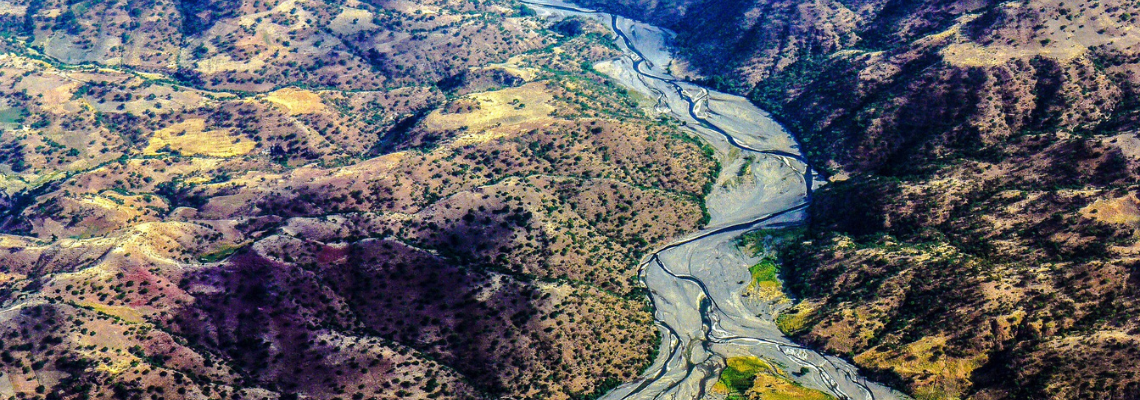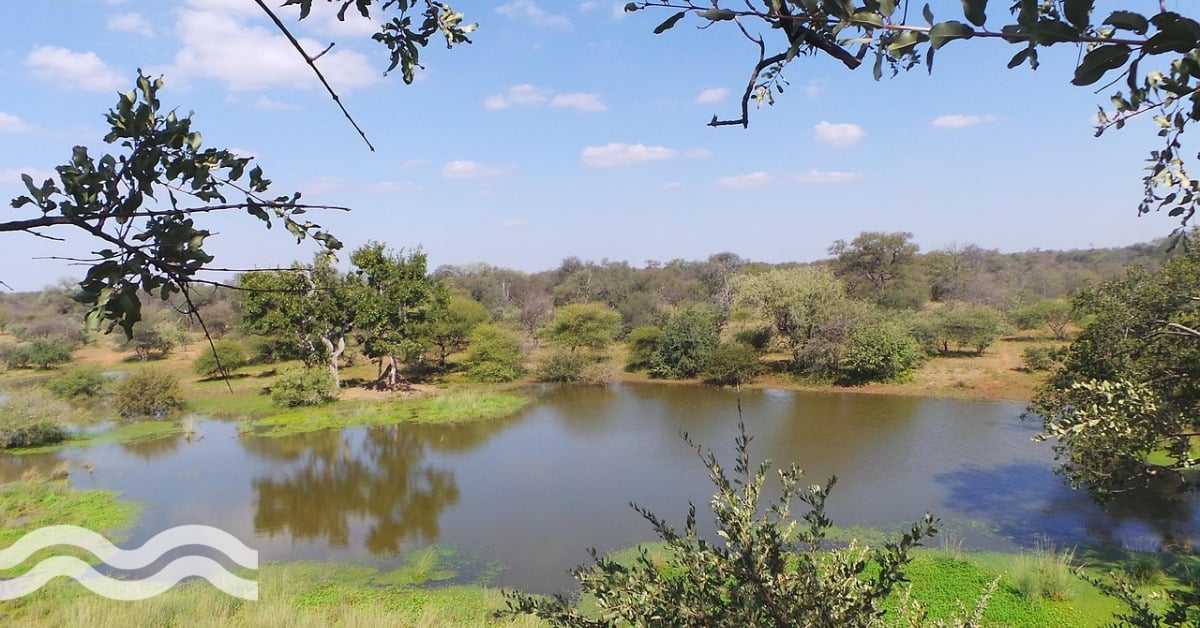Nedamco Africa embraces digital twin technology for Ethiopia water initiative

The Governments of Ethiopia and the Netherlands have endorsed what they coin “a ground-breaking” initiative to improve water management for over 10 million people in Addis Ababa, Ethiopia.
Revolutionising the water sector
The Ethiopian SDG6 Water Management initiative managed by Nedamco Africa aims to reduce non-revenue water, increase water quality, and improve access to water by leveraging digital twin technology.
Endorsed by the Dutch Government, the project has the potential to be rolled out to over 19 other countries in 55 cities, eventually improving the water needs of half a billion people.
Digital twins can be used to analyse, monitor and optimise water usage and distribution in real-time. This can lead to more efficient and effective management of water resources, reducing waste and improving water security. Digital twin technology can also help detect and prevent water leaks and other issues.
Digital twin technology is revolutionising the water sector, which was historically one of the lagging industries in terms of embracing digital transformation. That could quickly change with the introduction of this new form of data analysis which will change how we interact with wastewater networks on a global level, as Nedamco are demonstrating.
“The introduction of digital twin technology in water management can significantly improve access and water security in Africa, which translates into a better quality of life for the people in the recipient area,” said Anke den Ouden, managing director of Microsoft Netherlands, which is also supporting Nedamco Africa in the implementation of the initiative, along with technology company Bentley Systems and VEI.
Africa’s persistent water challenges
Many African cities are facing a multitude of water-related issues as a result of climate change. The absence of proper infrastructure and lack of investment compounds the problem, leaving many struggling to access clean and safe water. To make matters worse, water pollution and contamination are rife, particularly in informal settlements where clean water is scarce.
The drought in Ethiopia has reached alarming levels, surpassing the severity of previous droughts in 2010-2011 and 2016-2017. A fifth consecutive failed rainy season has resulted in over 24.1 million people affected by the drought as of September 2022.
To make matters worse, over 11.9 million people in Ethiopia are severely food-insecure due to the drought, according to data from The Office for the Coordination of Humanitarian Affairs. Among them, over 13 million people require WASH assistance with 8.2 million people struggling to access even basic needs such as drinking water.
The cost of water has also increased dramatically with prices up 100 per cent in Oromia and by 50 per cent in Somali compared to October 2021, according to charity fund UNICEF.
Ethiopia’s future water systems
Ethiopia has made significant strides in ensuring access to safe drinking water over the past 20 years and total access to improved water has increased from less than 15 per cent to nearly 40 per cent, according to figures from Charity Water.
Yet, as the second most populous country in Africa, there are still tens of millions of people who rely on dirty sources of water. Projects like The Ethiopian SDG6 Water Management initiative provide innovative and sustainable approaches to improving access to safe water and will ensure the long-term preservation of water resources in the country.


